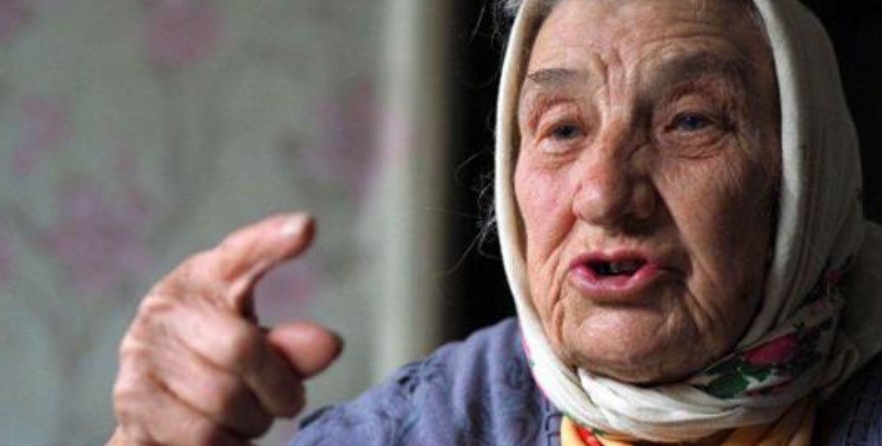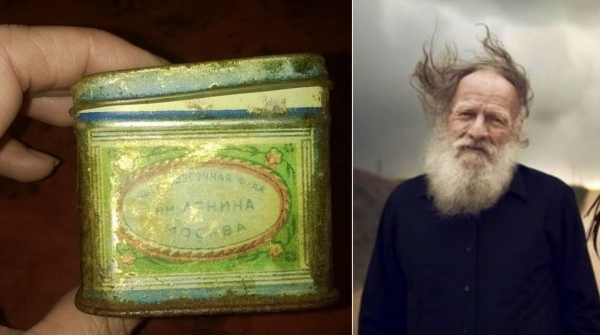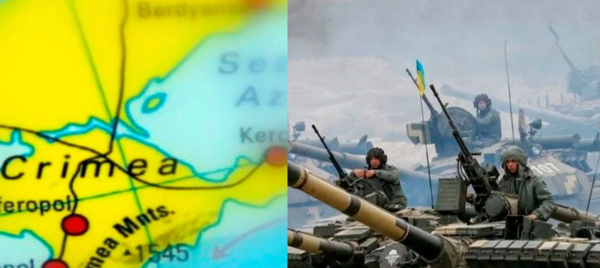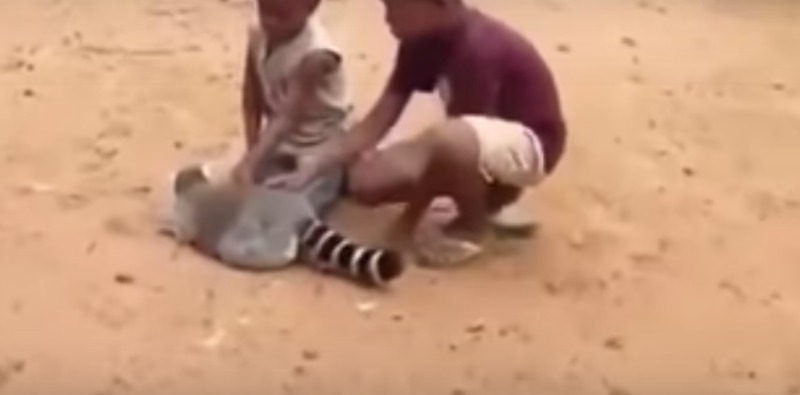He began with the usual, that it wasn’t personal, that the cameras were for security, that they’d forgotten to disable them while they were gone. He said it all with the flatness of someone who’d practiced the lines on the way home, who was hoping to land somewhere between apology and justification. I didn’t interrupt.
He continued, saying they didn’t think I’d be uncomfortable, that I was family, and they would never spy on me. Then he said the word that finally made me speak. He said, trust.
I asked him, softly, slowly, if he would feel trusted knowing someone recorded his private moments for months without telling him. I asked if he would call that protection or manipulation. He didn’t answer right away.
Jessica came out then, her mouth tight, arms crossed. She didn’t sit. She stood behind Adam and said she was hurt.
Hurt that I would snoop through their things, that I would dig, that I would send files to an attorney. So she knew. I looked at her and said that if she felt hurt by being found out, perhaps she should consider how I felt being studied in my most vulnerable moments.
I reminded her of the room I wasn’t allowed to enter, the signatures on the data agreements, the names of the video files labeled with words like crying and off behavior. Her face twitched, but she didn’t argue. I said I wasn’t looking for an apology.
I wasn’t even angry anymore. I was resolved, and I was done. I told them I had secured a consultation with a lawyer, that my investments in their home would be documented and repaid.
I told them I had copies of all the footage, the equipment logs, and even a backup set of files stored with a trusted friend. Jessica started to say something defensive, but Adam put his hand on her arm. For the first time, he looked at me, not like a son trying to manage his mother, but like a man realizing he had underestimated someone he thought he knew.
He asked what I wanted. I told him the truth. I wanted space, legal, physical, emotional.
I wanted a place of my own again, somewhere I could exist without being recorded, managed, or diminished. I wanted dignity, and if they couldn’t offer it freely, I would claim it myself. There was another silence.
This one different, quieter. Adam said he understood. Jessica didn’t speak again.
She turned and walked inside. I stood up, left my empty cup on the table, and walked past Adam toward the house. He didn’t follow.
I went to the guest room, closed the door, and began to pack. There wasn’t much. A few sweaters, books, some letters from old friends, the blanket I’d had since college.
I didn’t want their things. I wanted mine. I slept that night with the blinds open, the moonlight spilling across the floor.
I didn’t check the ceiling for cameras. I didn’t need to. I knew what I needed now, and I knew that the next time I walked out of that house, I would never walk back in the same way again, because something had shifted, and they would never again look at me as someone who stayed quiet.
I had been silent, but I was never blind. I spent the next few days with purpose, a quiet but resolute rhythm shaping each hour. I moved through the house with a different posture, not cautious, not submissive, but measured.
I was no longer a guest in someone else’s version of family. I was a woman calculating her exit. The morning after our conversation in the garden, I called John.
He picked up on the second ring, his voice warm and familiar. I hadn’t spoken to him in years, but some friendships don’t fade. They just rest quietly until you need them.
I told him everything in plain terms, no dramatics, just the facts, the surveillance, the breach of trust, the years I’d poured into their home, into the grandchildren, into keeping peace. He listened without interrupting. Then he asked me to email the files.
He said we could start with a property review that we’d build from there. You don’t need to burn the house down, he said. You just need to show them you own part of the foundation.
I liked that. It stayed with me. By the end of the week, we had drafted a proposal.
It wasn’t a threat. It was a boundary, a legal assertion of the role I had played in their lives and their finances. I had contributed to the down payment on their home five years ago.
Jessica had framed it as a gift, but we had no paperwork, only a wire transfer and a series of emails in which she thanked me for investing in our future. That phrase would prove useful. John wrote a letter, professional, measured, but firm.
It outlined my investment, the estimated value adjusted for inflation and the property’s appreciation. It proposed either repayment or a formal equity stake that could be converted into a housing allowance for a separate residence. I handed the sealed envelope to Adam one evening while he stood in the doorway of the guest room.
He didn’t open it right away. He looked tired, not from guilt, I suspected, but from the weight of realization. From finally seeing me not as a fixture in the home, but as someone who had kept the house running from the shadows.
Jessica didn’t speak to me that week. She moved around the house like a ghost, always one room ahead or behind. The cameras were still disabled.
I left them that way. A few days later, Adam called me while he was at work. He said they’d read the letter, that they didn’t want to fight, that they wanted to make things right.
The following afternoon, we met in the dining room. I wore the navy sweater Michael had given me one Christmas long ago. I remembered how he used to call it my meeting sweater.
He said I looked like someone who wouldn’t be pushed around when I wore it. He would have liked this moment. John joined us via video call.
Jessica sat with her arms crossed, but she said little. Adam did most of the talking. He said they agreed to repay the investment in full, that they would draw from the equity line and offer an additional stipend for relocation.
He said they would remove all surveillance devices and provide a written statement acknowledging the breach of privacy. I listened. I nodded.
I didn’t gloat. I wasn’t there to humiliate anyone. I was there to reclaim what I had given without recognition, what had been taken quietly over years, my time, my effort, my presence.
By the end of the meeting, the terms were signed. John smiled through the screen. He said, that’s a clean exit.
And I felt something in my chest unclench. The next week, I began looking for apartments. I didn’t want anything grand, just a place that was mine.
A small garden, a porch maybe, sunlight in the kitchen, a space where no one would catalog my movements, question my habits, or measure my value by how quietly I kept to myself. I found a one-bedroom cottage on the edge of town. It had a blue door and ivy along the back fence.
The owner was a Eleanor. She loved crossword puzzles and made fresh lemonade for every guest. We spoke for an hour on the porch before she handed me the keys and said, I think you’ll be happy here.
I moved out quietly. No drama, no ceremony. I packed my things with care, folded the last few shirts, boxed up my books, wrapped the photo of Michael and me from our trip to Cape Cod.
I didn’t leave a note. I didn’t know them that. Adam helped me move the boxes.
Jessica didn’t come. I didn’t expect her to. When he placed the last box down in my new living room, Adam stood for a moment looking around.
He said the place felt calm, that it suited me. I offered him tea, but he declined. He looked unsure, like he wanted to say something meaningful, but didn’t know how.
So I let the silence stand. We had said enough for now. As he stepped outside, he turned back once.
He said, thank you, not for the past, but for the way I had handled the end of it. I closed the door behind him. I locked it gently.
And for the first time in years, I felt like I was home. The first morning in the new cottage, I woke up just before sunrise, stirred not by obligation, but by something deeper. Curiosity, maybe, or a long dormant sense of calm.
The air in the room was cool and still, the kind of stillness that doesn’t make you feel alone, but held. I stretched slowly beneath the quilt, feeling no rush to rise, no footsteps in the hallway, no background hum of surveillance. I was unobserved, unmeasured, and that made the moment sacred.
I stepped into the kitchen barefoot. The old hardwood floor creaked beneath me. But for once, I didn’t flinch.
There was no one to scold me for making noise too early. I filled the kettle with water and placed it on the stove, humming a tune from memory, one I used to sing to Daniel when he was still small enough to cling to my hip. The sound filled the space, not loudly, but completely.
While the water heated, I opened the back door and stepped outside. The garden was still mostly wild, a patchwork of ivy, rosemary, and flowers I couldn’t name. Dew clung to the grass and shimmered in the early morning light.
There were no fences visible from the back, just a slow slope of land disappearing into trees. I breathed it in. Later that morning, I unpacked the last of my books, arranging them not by size or color, but by memory.
I put the old novels I read in college near the bottom shelf, the gardening manuals I had barely touched in the middle, and the poetry volumes, my secret indulgence, close to my armchair by the window. When I stepped back, it didn’t look like a showroom. It looked like someone lived there, someone with a past.
By the third day, I had developed new rituals. I ate when I was hungry, not when the house demanded. I napped without apology.
I kept a small journal by the sink and wrote down little things that made me smile. A blue jay on the windowsill, the way the sun hit the kitchen tiles in the late afternoon, the sound of rain tapping the roof like fingertips. These details had once been swallowed in the noise of everyone else’s needs.
I bought a wine chime from the Sunday market, a handmade one with ceramic leaves. I hung it by the back door. Its song was uneven, but it made me feel less alone.












